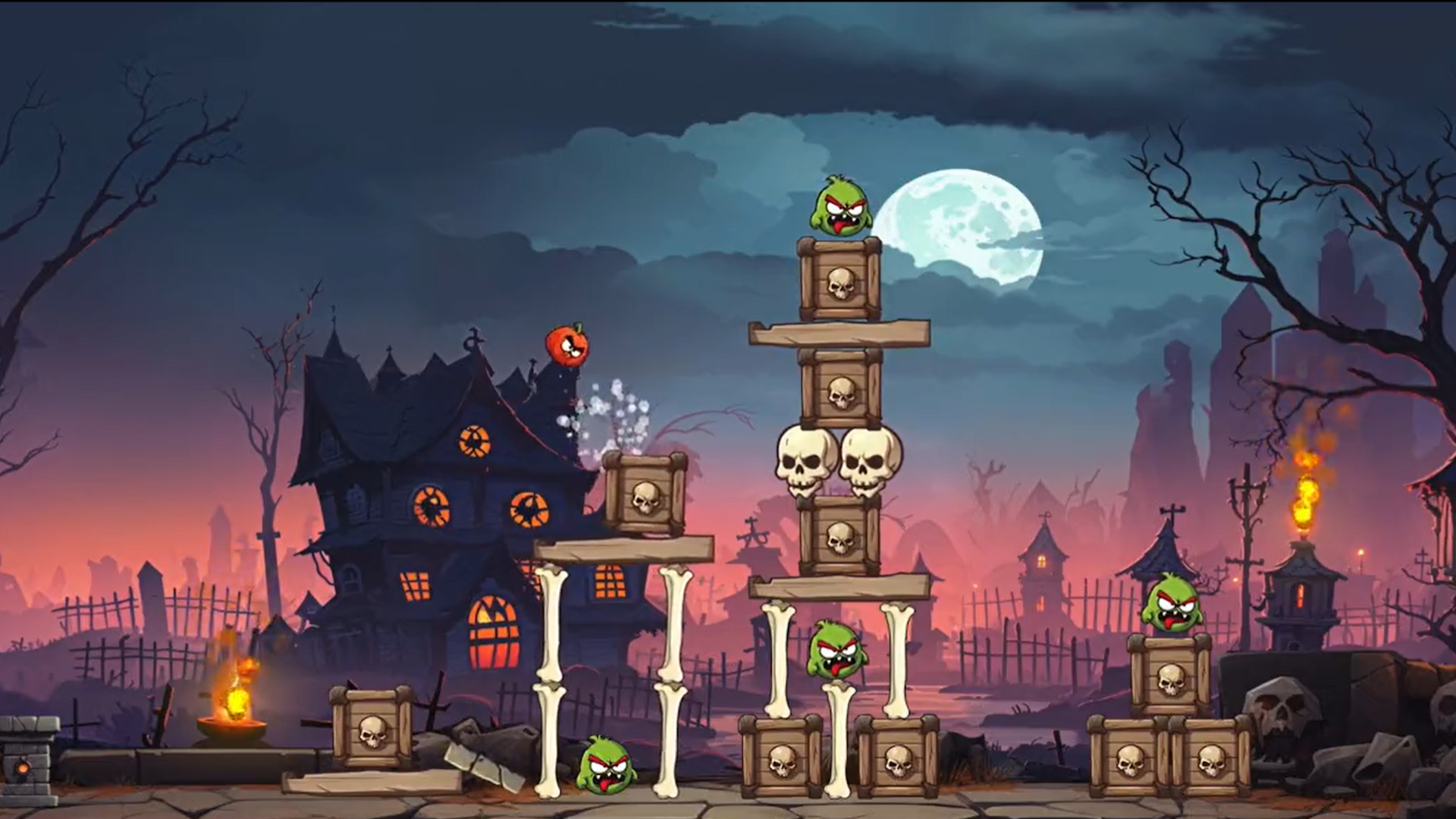AI game coding tools instantly result in Angry Birds clone, and opens some potentially dangerous floodgates for mobile storefronts
Copying Angry Birds with nothing but AI… and all that sweet, unchecked IP

Mobile game storefronts today are already awash with clones of popular games. They're more prevalent than ever, with more being released daily. Now with the help of AI game development, the process of cloning popular games is only getting simpler and speedier. These new tools are impressively quick but, as we know by now, there's a whole moral minefield to navigate around AI-based game development.
Still, that hasn't stopped big-name developers encouraging its use as a tool for quick prototyping and game ideation. When Javi Lopez posted on their Twitter account about the Angry Birds clone they designed with the help of Midjourney, Dall-E 3, and GPT 4, Angry Birds project manager leshokunin actually got in touch with some words of encouragement.
Midjourney, DALL•E 3 and GPT-4 have opened a world of endless possibilities.I just coded "Angry Pumpkins 🎃" (any resemblance is purely coincidental 😂) using GPT-4 for all the coding and Midjourney / DALLE for the graphics.Here are the prompts and the process I followed: pic.twitter.com/st3OEhVVtKOctober 31, 2023
"There's obviously no expectation that you'd make a hit game from the tech in its current state. You're bound to be limited by the tech, rather than your own skills", they note.
"But for rapid ideas, for prototypes, for game jams, this is a game changer. I can also see it as a great alternative to Scratch for kids to play around with ideas." Scratch is a story, game and animation development software for kids that sees them build their media-based skills, and while you can't argue against an application like that for AI game development, I have a feeling that ideation isn't where it'll end.
"Hope to see more platforms try to turn this into an offering," the Angry Birds project manager says.
Combining tech like Lopez has could certainly help with game development prototyping, but it also not only spells concerns for the state of mobile storefronts, and game studios who want to protect their intellectual property, but also for small indie developers who refuse to incorporate AI into their pipelines and simply can't push games out as fast as the rest who do.
For their spooky Angry Pumpkins game, Lopez says they used GPT 4 for "all the coding", while Dall-E and Midjourney provided the graphics. They even share the prompts used to get each one in line with their vision, but the likelihood that this knowledge won't be used to take existing intellectual property, remix it, and send it on seems low. For mobile storefronts that already find themselves in the spotlight as homes of 'cloned' versions of popular indie games, that's likely to create further headaches.
Weekly digests, tales from the communities you love, and more

Katie is a freelance writer with almost 5 years experience in covering everything from tabletop RPGs, to video games and tech. Besides earning a Game Art and Design degree up to Masters level, she is a designer of board games, board game workshop facilitator, and an avid TTRPG Games Master - not to mention a former Hardware Writer over at PC Gamer.


